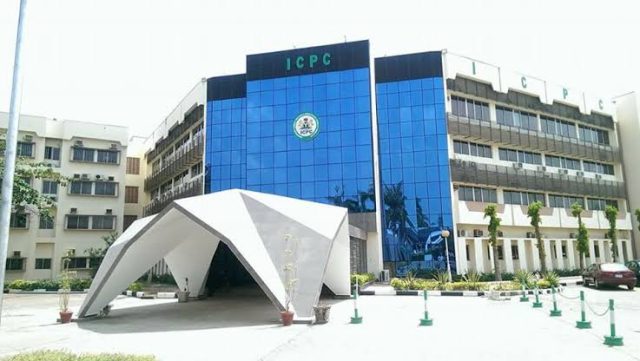ICPC Begins Tracking Of N610 Billion Projects Across Kwara, FCT, And 20 States.
The Independent Corrupt Practices and Other Related Offences Commission (ICPC) has launched the 7th phase of its Constituency and Executive Project Tracking Exercise, aimed at ensuring accountability and transparency in the execution of government-funded projects.
According to a statement by ICPC spokesperson Demola Bakare, this phase of the exercise began on Monday, 18 November 2024, and will cover 1,500 projects valued at N610 billion. The tracking spans 22 states across Nigeria’s six geopolitical zones, including Kwara, Niger, Kogi, the Federal Capital Territory (FCT), Kebbi, Kano, Kaduna, Jigawa, Bauchi, Gombe, Borno, Lagos, Ondo, Osun, Oyo, Akwa Ibom, Rivers, Cross River, Delta, Imo, Abia, and Enugu.
Since its inception in 2019, the project tracking initiative has focused on scrutinising the utilisation of government funds in critical sectors such as education, health, agriculture, water resources, and power. The current phase involves multiple government agencies, including intervention bodies like the North-East Development Commission (NEDC), Niger Delta Development Commission (NDDC), Universal Basic Education Commission (UBEC), and Tertiary Education Trust Fund (TETFUND), among others.
The ICPC emphasised that the primary goal of the exercise is to enhance adherence to due process, ensure value for money, and foster compliance with contractual agreements. By examining the scope and specifications of projects, the Commission aims to prevent corruption and strengthen the culture of accountability in public spending.
In the previous phase of the exercise, 1,900 projects worth N500 billion were tracked across 24 states. These projects, awarded to 1,355 contractors under 176 Ministries, Departments, and Agencies (MDAs), spanned key sectors such as roads, energy, education, agriculture, water resources, and health.
The ICPC remains committed to promoting transparency and efficiency in public project execution, ensuring that resources are effectively utilised for the benefit of citizens.


